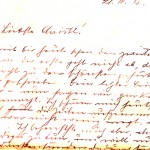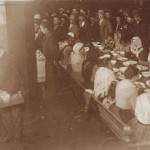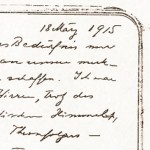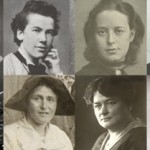The Gender and Love Project: 5th Global Meeting (Web)
Time: 20.-22.09.2015
Venue: Mansfield College, Oxford/UK
Abstracts by Friday 1st May 2015
Call for reflections on the interaction between gender and love and how this nexus of ideas pertains to self-perception, (dis-)ability, ethics, religion, kinship, bonding, nationality, globalization, environment, etc. The „Gender and Love“ project welcomes elaborations on gender and love in all forms, styles, and media, past or present. It invites not mere descriptions of, but attempts to grapple with inconsistencies and gaps in knowledge of how gender and love are constructed, mutually construct each other, and are culturally (re-)presented.
The project’s central questions are: How do interactions of gender and love promote particular performances of gender and sexuality; conceptions of individual and collective identity; formations of community; notions of the human; and moral attitudes to other human beings, animals, the non- or post-human, and the environment? Papers, performances, presentations, reports, works-in-progress, and workshops are invited on issues related to any of the following themes: Read more … (Web)




